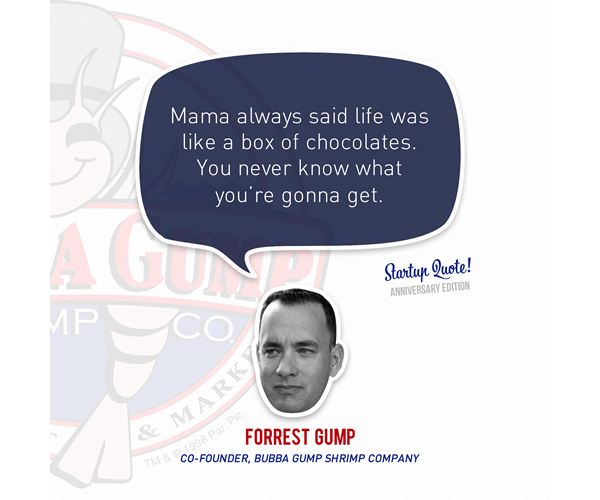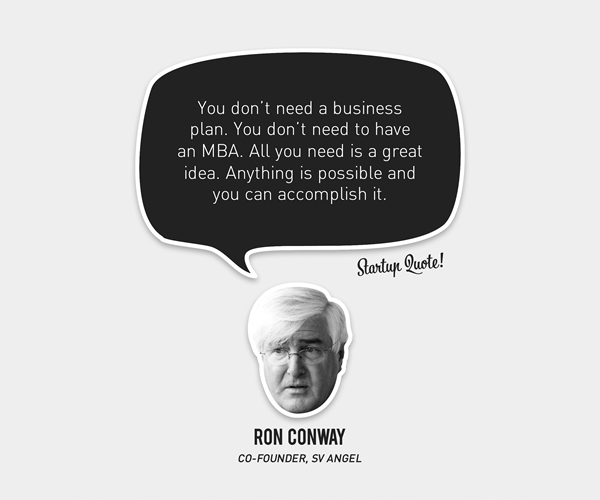Consumer & Retail Incubator & Accelerator

I am a big fan of consumer products and retail concepts and this is what I do for living. I was trying lately to find any incubator and/or accelerator related to those industries in this part of the world (Levant & MENA) but unfortunately I came across so many of them who are only focused on technology startups and only technology and some of them also have a restricted geographic region they do cover.
I was kind of disappointed seeing no one is interested in “offline” consumer and retail (except if you are an online or e-commerce oriented). A very big industry and sector that touch the lives of millions if not billions worldwide but investors most probably prefer the fast bucks lane and are in continuous search for the next Facebook or Uber.
I would like to launch a consumer & retail oriented incubator and accelerator with no geographic restrictions, but looking for people sharing the same vision and dream to build it together.
If you are a consumer and retail incubator and accelerator that I missed finding in a way or another, please get in touch.
if you are a consumer and retail passionate, let’s do this together.

 Yesterday in a
Yesterday in a 
 Gillette, the world leader in system shaving blades, will have to face some competition from a new startup called
Gillette, the world leader in system shaving blades, will have to face some competition from a new startup called 



 The
The